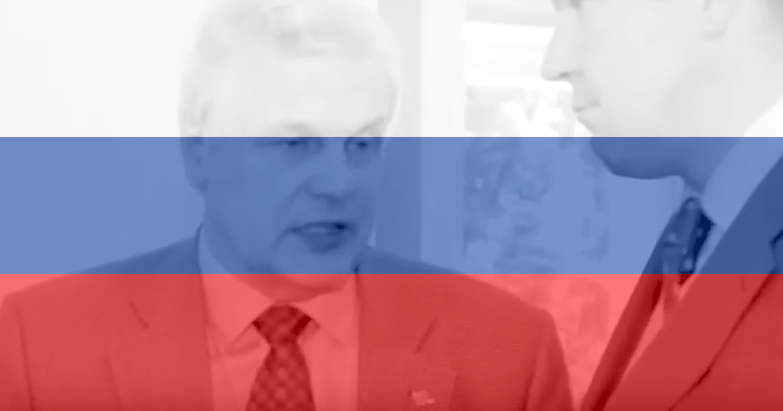He was touted as one of background heroes of Estonia's struggle for independence, but with a difference from many others who had risked their lives for Estonia's freedom. Simm had had a successful career as a policeman enforcing law and order defending the status quo – foreign totalitarian occupation and obediently smoothing the way for the black bag operations of the KGB, the vanguard in choking off instances of promoting the notion of freedom. This contradiction in Simm was not unusual for many in Soviet occupied Estonia.
In the early years of an independent Estonia, as head of the police in Harju county, including Tallinn, he was involved in the stand down and departure of the Red Army and the dismantling and removal of Soviet nuclear warheads. With positive public visibility Simm was appointed as head of Estonia's national police force.
But with just six months in his job he was summarily dismissed on charges of corruption. Simm vigorously denied them. He turned down a lower level job and ‘retired'.
In the summer of 1995, just after returning from a trip to Tunisia, Simm was offered a job with Estonia's defence ministry as director of the analysis division. His job included developing contacts with the European Union and NATO and helping to prepare the country for accession to the defence alliance. The timing of the trip to Tunisia seemed as if Moscow was determining Simm's future career.
While Simm would insist that his Tunisian trip was fully impulsive, he ‘conincidentally' meeting an old acquaintance from his KGB contacts who approached and said “It's me Valentin”. With Valentin as his KGB cover name, Valery Zentsov had attended, like Simm, university in Tallinn and began his KGB as a young man. With the ostensible stand down of the KGB in renewed free Estonia in 1991, Zentsov was to have officially retired in Russia. But classified NATO reports state he was fully involved in amassing a network of KGB agents in the Baltic States.
Simm also stated that having just been fired he felt useless and at first opposed Zentsov's attempt to recruit. But apparently several drinks and Zentsov's classic threat to expose Simm's previous relationship with the KGB persuaded Simm to relent. But the KGB's successor agency's new spy, demanded the title of colonel (polkovnik – his rank in the Estonian police) be returned to him. This is Simm's account. But NATO investigators suggest that it's also feasible that Simm was a sleeper, never having broken his ties to the KGB.
Sidebar no. 1. After is arrest Simm attracted widespread attention in the international press. Germany's Der Spiegel wrote that in the 1990s, after being awakened by the Russians, Simm had offered his services to the German intelligence services, the BND. He forwarded information regarding Russian activities in Estonia and organized crime in the Baltic states. His remuneration for this was generous. Der Spiegel observed that his meetings with Russians took place in 14 different countries, but never in Germany. Also never in the U.K. because of the abundance of public security cameras, and never in Norway due to its expense.
Laas Leivat (To be continued.)




